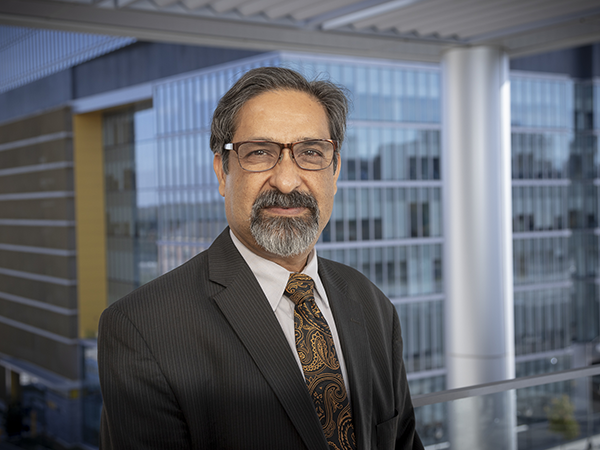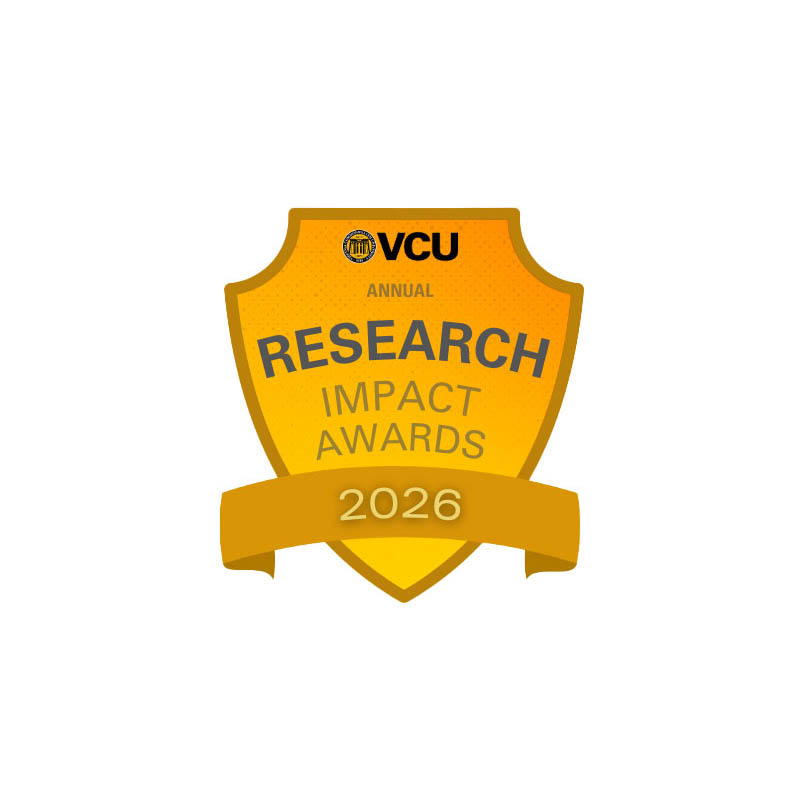Celebrate the impact of VCU’s research and innovation
VCU Research Weeks celebrates the discoveries and breakthroughs of the university's research enterprise, highlighting its impact on society's challenges.
Research Weeks 2026 featured events
VCU State of the Research Address
Join P. Srirama Rao, Ph.D., vice president for research and innovation, as he delivers the annual VCU State of Research address. In his presentation, Dr. Rao will highlight the impactful work VCU's researchers are conducting, VCU's research growth over the past year, and offer insights into the strategic direction of future research initiatives.
April 8, 2026 | 1 p.m. | Cabell Library-Lecture Hall, Rm. 303 (Reception to follow at Scott House)


National Conference on Undergraduate Research
The National Conference on Undergraduate Research (NCUR) is a cross-disciplinary celebration of student scholarship and offers students the opportunity and platform to present original work, build career readiness and network with peers nationwide.
April 13 - 15, 2026 | Greater Richmond Convention Center


Graduate Research Symposium
The 29th Annual Graduate Research Symposium will bring together graduate students from across the university to share their research with the VCU and local community.
April 22, 2026 | 9:30 a.m. – 1 p.m. | University Student Commons, Commonwealth Ballrooms


VCU Annual Research Impact Awards (VCU-ARIA)
Expanding on previous years, this new awards ceremony will honor the outstanding achievements of our faculty and postdoctoral fellows. Date and final submission guidelines are currently being finalized.
April 27, 2026 | 11 a.m. - 1 p.m. | Cabell Library-Lecture Hall, Rm. 303


Research Weeks Keynote Address
The OVPRI is still finalizing the speaker and presentation topic.
April 29, 2026 | 3 – 5 p.m. | College of Health Professions Auditorium
Research Weeks 2026 full schedule
Submit your event to Research Weeks calendar
Please complete and submit the form below to have your event added to VCU's Research Weeks 2026 agenda: